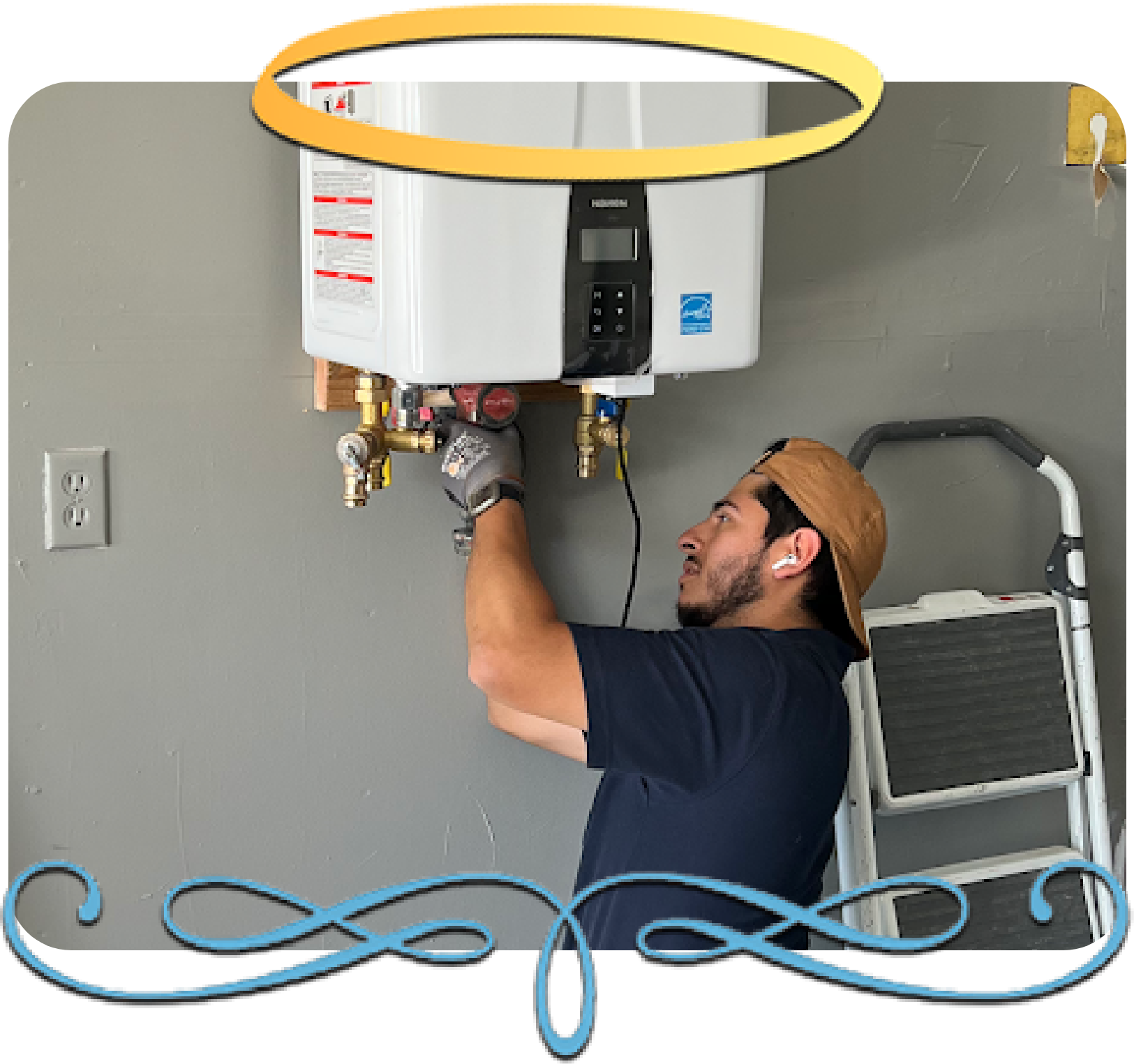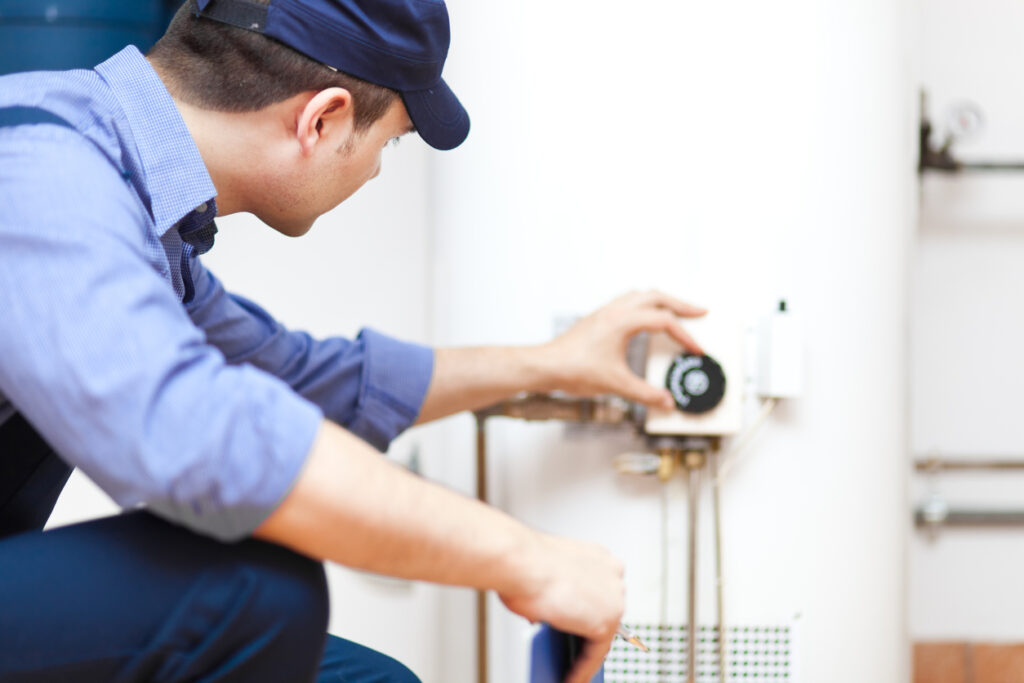When it comes to installing water heaters, safety should always be a top priority. Improper installation can lead to serious hazards, such as leaks, fires, or even explosions. Here, we’ll discuss four essential safety tips you need to remember when installing a water heater. By following these guidelines, you can ensure a secure installation process and enjoy hot water without compromising safety.
1. Ensure You Have Professional Electrical Connections
For water heaters requiring electrical connections, enlisting a licensed electrician’s expertise is strongly recommended. Working with electricity can be hazardous, and improper electrical connections can result in fires or even electrical shocks. A licensed professional will ensure all electrical wiring is up to code, properly grounded, and safely connected. This not only safeguards your installation but also the overall safety of your household.
2. Make Sure There Are Proper Ventilation and Gas Connections
If your water heater operates on gas, proper ventilation is imperative. Gas-powered water heaters produce exhaust, including carbon monoxide, which needs to be safely vented out of your living space. Always ensure that the ventilation system is set up correctly to prevent the buildup of dangerous gases. Additionally, for gas connections, meticulous attention is required. Before finalizing the installation, carefully inspect all gas connections. An effective way to do this is using a simple soapy water solution. If bubbles appear when you apply the solution to the connections, that indicates a gas leak. Any leaks must be addressed and fixed before proceeding further.
3. Insulate Your Water Pipes
Efficiency and safety go hand in hand when it comes to water heaters. To improve energy efficiency and prevent heat loss, insulate the water pipes properly. Proper insulation conserves energy and reduces the risk of accidental burns from hot pipes. Additionally, take a look at the temperature setting on your water heater. Setting the temperature to around 120°F (49°C) is recommended. This prevents the risk of scalding and contributes to energy conservation.
4. Make Sure You Have a Pressure Relief Valve
Regardless of its type, every water heater should be equipped with a functional pressure relief valve. This valve plays a critical role in preventing excessive pressure buildup within the unit, which could potentially lead to catastrophic explosions. Before completing the installation, it’s imperative to test the pressure relief valve to ensure it’s in proper working condition. Regular testing and maintenance of this valve are essential to guarantee its reliability over time.
Installing a water heater is not merely a technical task; it’s a responsibility that should be carried out with utmost care for the safety of your home and your loved ones. At Almighty Plumbing in Antioch, CA, we offer services like water heater installation to keep your plumbing systems in good working condition.










